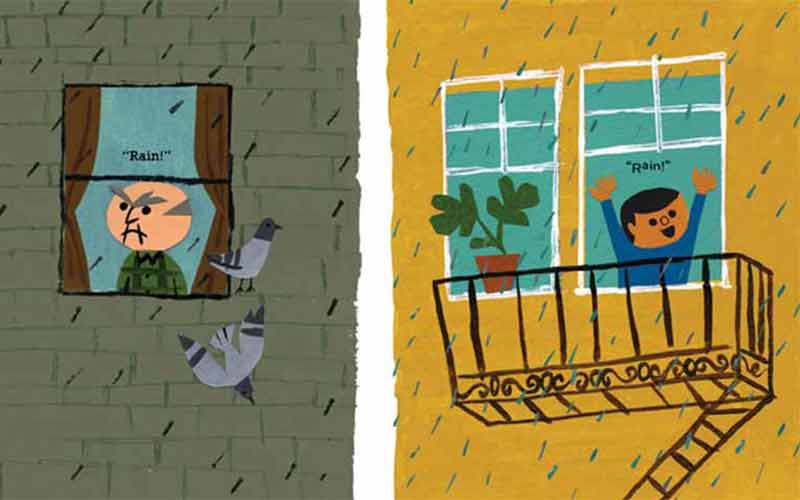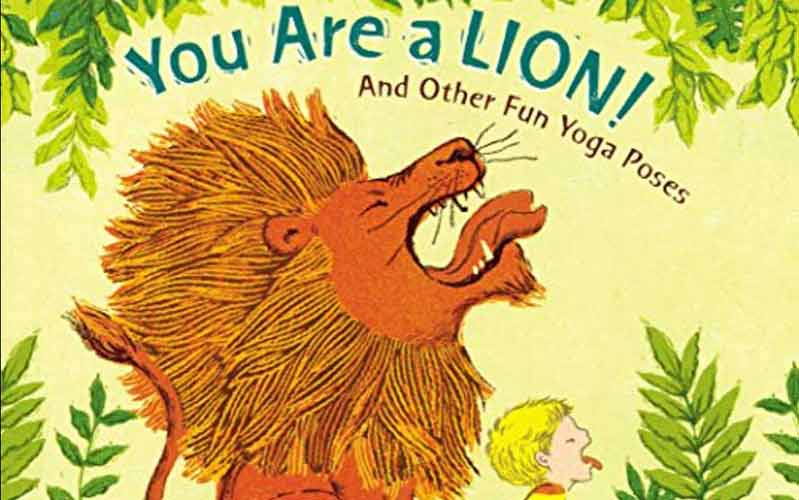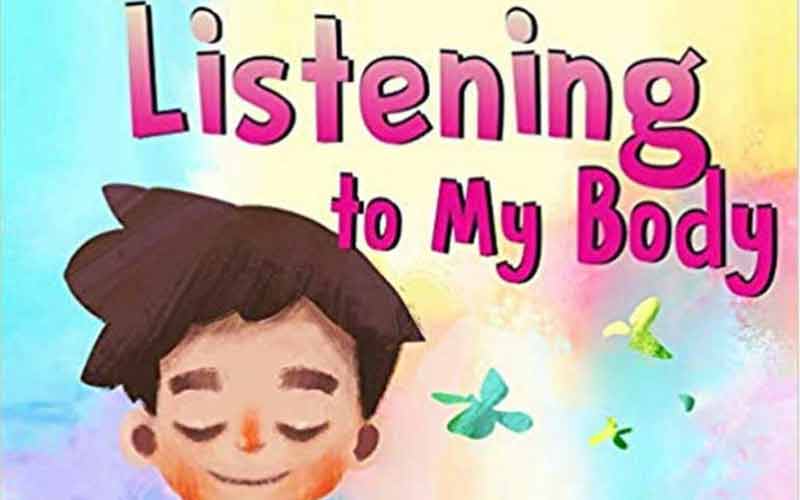Supporting Emotions and Behavior Through Books
Stories can help children identify and express feelings in healthy and supportive ways

RAIN!
Written by Linda Ashman and illustrated by Christian Robinson, Rain! depicts how two different people feel and act on a rainy day. It offers readers and listeners a chance to label and describe a range of emotions.

Sometimes I'm Bombaloo
Written by Rachel Veil and illustrated by Yumi Heo, this story follows Katie as she experiences a variety of emotions from happy to “bombaloo” (very angry/upset) to calm and ready to play again.

You Are a Lion
Written and illustrated by Taeeun Yoo, this fun story guides children through simple and relaxing animal yoga poses. It promotes flexibility, calm, and focus.

Listening to My Body
Written by Gabi Garcia and illustrated by Ying Hui Tan, this book helps children practice calming down by noticing their bodies’ signals and feelings.
TEACHING THROUGH BOOKS
Key Takeaways
Label emotions
As children learn about a wide range of emotions, they are better able to recognize and describe how they feel. While reading, label and describe characters’ emotions. And encourage children to think about why a character may feel a certain way.
Talk about strong emotions
Young children are just learning how to regulate strong emotions like anger, frustration, and sadness. Teachers can prepare children for these feeling by talking about how characters in stories express and handle their strong emotions.
Practice calm down strategies
Children need strategies, practice, and support to calm down when they’re experiencing strong emotions. Teachers can prepare children ahead of time by reading books that share effective calm down strategies.

